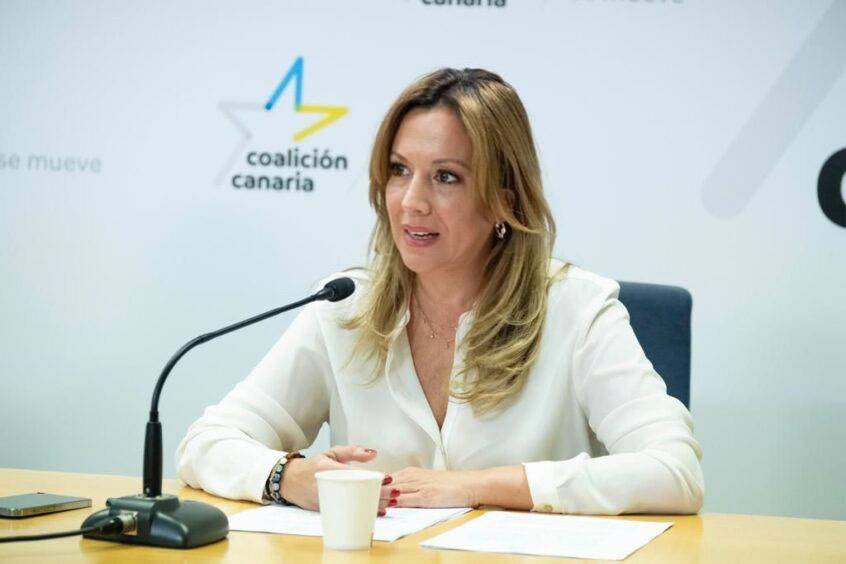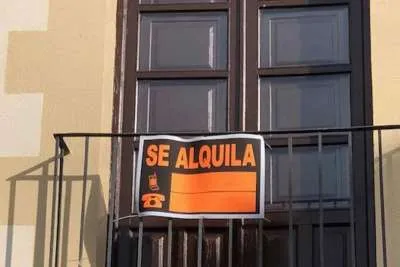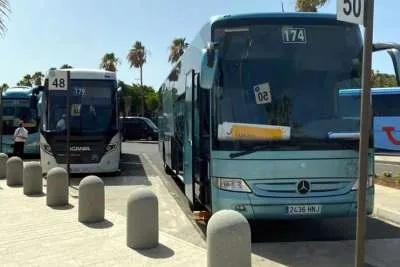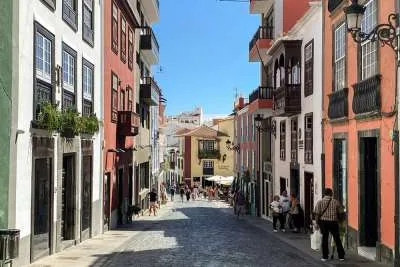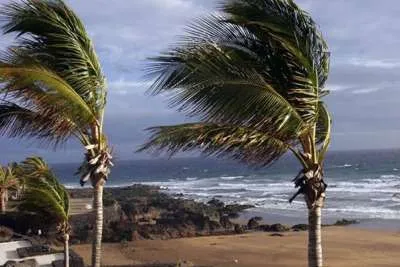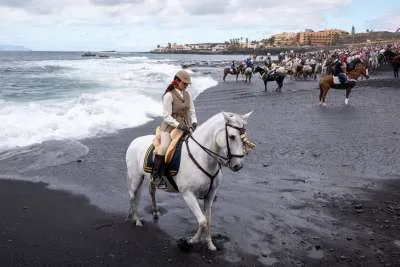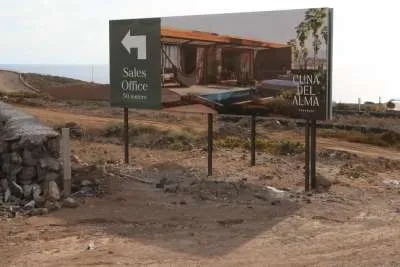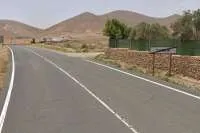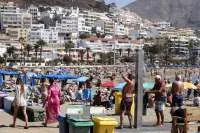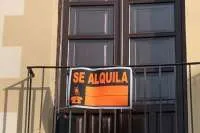Cabildo introduces new fuel tax to ‘penalise’ drivers in Tenerife
- 04-07-2025
- Tenerife
- Tenerife Cabildo
- Photo Credit: Cabildo de Tenerife
Drivers in Tenerife will soon be paying a new tax on fuel, as the Cabildo continues to discourage private car use and fund protection of its natural spaces.
The president of the Cabildo, Rosa Dávila, has announced that the so-called “céntimo forestal”, a surcharge of up to two cents per litre of fuel, will come into effect by the end of the year.
The measure, which excludes buses, lorries, and professional transport vehicles such as taxis, is explicitly designed to “penalise” private car use on the island, which has one of the highest rates of vehicle ownership in Europe, at over 800 cars per 1,000 inhabitants.
A controversial turnaround on taxes
The move has surprised many, given that both Coalición Canaria (CC) and the Partido Popular (PP) have repeatedly opposed similar “earmarked” taxes, particularly a proposed tourist tax on hotel overnight stays, which they’ve dismissed as an unfair burden on the tourism sector.
Despite campaigning heavily on lowering taxes such as IGIC (Canary Islands’ equivalent to VAT), which in some brackets has actually increased in recent years, CC and PP leaders on Tenerife have now endorsed this new environmental levy.
Dávila defended the decision by highlighting the urgent need to protect Tenerife’s natural heritage. “The island has almost 1,000 square kilometres of protected areas. It’s not enough to just declare them protected; we need real resources for maintenance, restoration and monitoring,” she said.
She also insisted the primary aim is environmental, not revenue-raising. “We want to change the mobility model to make public transport more attractive. This is about tackling the sheer number of privately owned cars in Tenerife, it’s an environmental tool, not a cash grab.”
Funds will go directly to forest conservation
Unlike the rejected tourist tax, which regional leaders argued could not be directed to a specific purpose, the new fuel surcharge will indeed be a ring-fenced tax. Revenue is expected to go directly towards forest surveillance, restoration of degraded areas and measures to combat desertification.
The proposal is already included in the Canary Islands’ 2025 regional budget and is also set to be adopted by the Cabildo of Gran Canaria. However, other islands such as La Gomera, Lanzarote and Fuerteventura have opposed similar measures.
No political rift this time
According to Dávila and the Cabildo’s Culture councillor, José Carlos Acha (PP), there has been no friction within their coalition over approving the new tax. They noted it was first driven by the Canary Islands’ Finance Minister Matilde Asián (PP), herself previously a vocal opponent of an earmarked tourist stay tax.
Still no tourist tax
Meanwhile, the Canarian government, led by CC and PP, continues to reject the idea of a tourist tax for non-resident visitors to the islands, a measure already in place in other regions like the Balearics to help offset the impact of mass tourism.
The debate highlights the delicate balancing act between protecting the Canary Islands’ environment and maintaining its appeal as a top global holiday destination.


